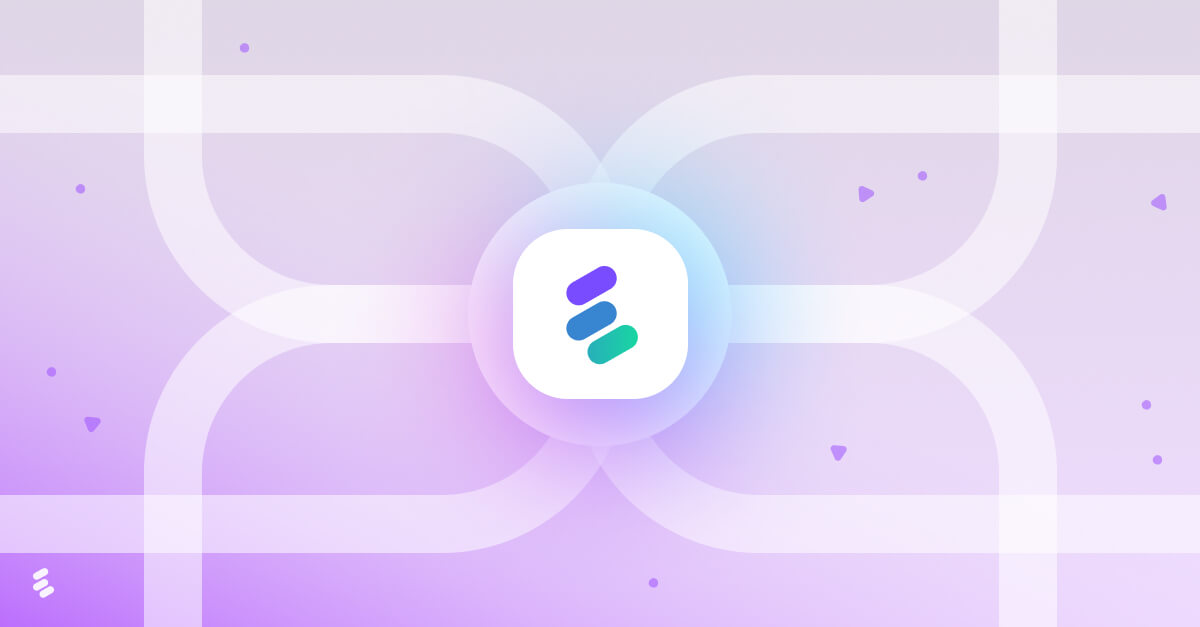How Lytics CDP simplifies data access and governance
August 24, 2022

What does a customer data platform (CDP) mean for data access and governance?
In short, simplicity and alignment with existing guidance, policies and procedures.
A customer data platform brings together disparate data from multiple sources, including enterprise resource management and customer relationship management systems. With those data points integrated, marketing teams can build more complete customer profiles that provide for more personalized outreach.
Moving, using and manipulating data often sets off alarm bells, especially among IT teams. Changing data in one area can impact the accuracy of that data throughout an organization. Having a single source of truth ensures data integrity and consistency on data of all types.
With a CDP like Lytics at play, your organization can be confident that data integrity remains.
The importance of data governance
Data governance today is an essential business component. The ability of organizations to manage, protect and use data effectively is about far more than good business practices.
Increasingly, data governance ensures adherence with privacy regulations at a local, state, federal and even global level. In recent years, new policies, such as the General Data Protection Regulation in the European Union and the California Consumer Privacy Act, have launched.
These regulatory controls give consumers much more control over how businesses use, store and sell information collected. And failure to comply with this guidance can be extremely costly, with entities levying stiff fines and penalties.
Protecting customer data
Customer data is sacred today. It’s also incredibly invaluable to your business. It also carries with it considerable risk. If data is compromised, the consequences can be dire. There is the economic risk to your business as well as the reputational damage. Both can cause irreparable harm.
When you’re looking at CDP solutions, be sure your provider carries security features that address the following:
- Compliance at all levels
- Product security
- Data security
- Privacy
- Incident management and response
- Availability and reliability
- Organizational security
- Business continuity
- Infrastructure
- Threat management
Your CDP partner should be as invested in protecting your data as you are.
Data structures lead to complexity
Many organizations today face challenges in sharing and unifying data. Different systems capture data in different forms and from different sources. Data is stored in multiple locations. In some cases, there is duplicated data, but within and among different systems.
Formatting can often vary from system to system. Business uses vary, too. Business development teams need contact information, business titles and competitor information. Marketing teams want psychographic information, responses to various outreach work, and comments and survey results. Customer service teams need sales information and customer histories.
Data often ends up in silos … but it’s there.
Back to marketing departments. Marketers want the most complete information possible about customers and prospects. With a fuller picture of a customer, marketers can develop personalized plans with more resonance.
Doing so requires accessing data from myriad systems and sources. That’s where marketing needs and IT data security requirements are intertwined, especially when using a CDP.
The key is to bring together the disparate data elements in a functional and usable way. These data elements need to be accessible to marketing teams. They also need to adhere to data governance policies.
Data governance done right with Lytics
With the right CDP, like from Lytics, both are possible, without overly burdening overtaxed IT teams.
With Lytics CDP, teams use your existing data warehouse. The work is done using existing queries, existing rules and existing permissions. The learning curve is small.
Lytics recognizes that companies have already established sound, cogent and compliant systems and governance policies. There is no need to redo those elements in order to fulfill essential marketing business needs.
Lytics offers extensive flexibility. There’s no need to relearn or outsource work. Instead, Lytics bases its data integration on policies that are already in place. Permissions that are already being used can be used for CDP work. New access can be provided as needed.
As a Google partner, Lytics also uses the most up-to-date security protocols and encryption methods.
It all adds up to an approach that empowers marketing teams (without the need for them to write their own queries against databases or the warehouse) and simplifies policy compliance.
Access rules are already in place. There is no need to recreate them in another system or manage them in a separate app. Within the Lytics CDP, your IT team can have control of access that adheres to existing policy.
With Lytics CDP, you can maximize the business impact of your data while keeping it secure, accurate and functional.



